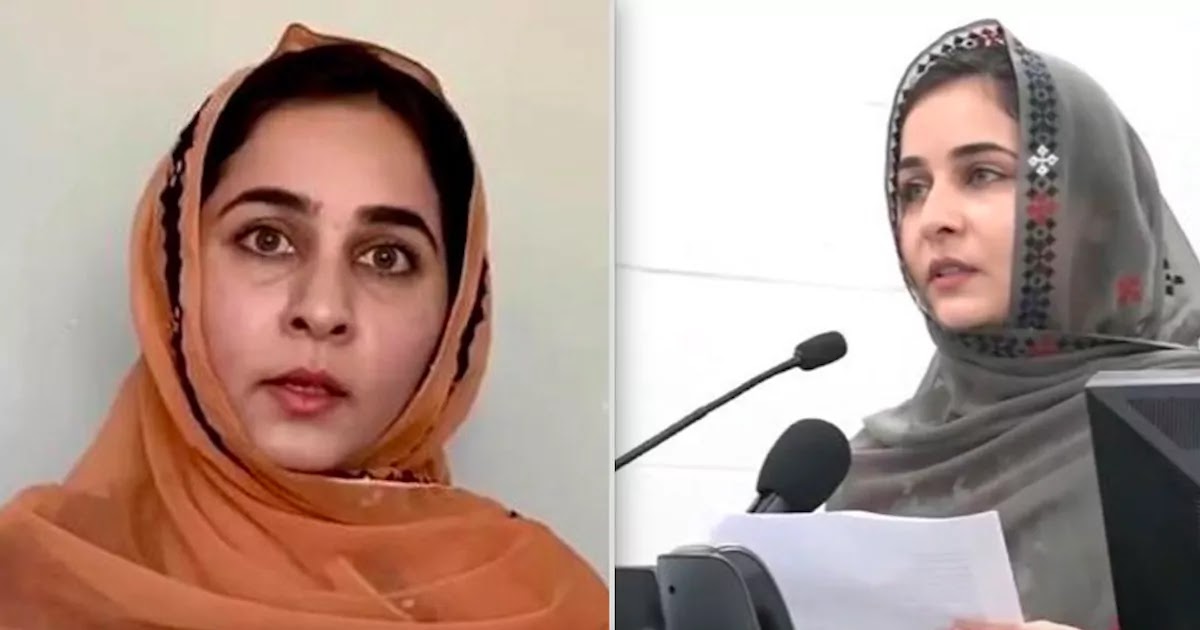
It has been confirmed by police in Canada that Pakistani human rights activist, Karima Baloch, has been found dead. Baloch had been living in exile in Toronto, Canada, for five years and was a strong and very public critic of the Pakistani regime and the Pakistani military.
The body of Baloch was discovered three days after she first went missing and it has been claimed that there are no suspicious circumstances surrounding her death. Others will now be curious to find out how a 37-year-old came to lose her life after finding apparent safety in Canada.
Baloch was a supporter of the Balochistan independence movement, a group which seeks greater autonomy or even full independence, for the Pakistani region of Balochistan. She was chairwoman and the first female leader of the outlawed Baloch Students' Organisation (BSO). She first became active in the group in around 2005 and 2006 and fled the country a few months after being made chairwoman in 2015, following terror-charges being filed against her by the Pakistani authorities.
While in Canada, she continued campaigning for the rights of the people of Balochistan, using social-media to spread her group's campaign and ideals.
Baloch had been threatened on countless occasions before by those who opposed her political views. Just recently, she is reported by her husband to have received letters in the post threatening her and warning her that they were 'going to teach her a lesson'. Thousands of those that support Balochistan independence have gone missing in recent years, and it is widely believed that the Pakistani military and the Pakistani security services are behind these disappearances.
Baloch's family has been subject to these forced disappearances in the past, in Balochistan two of her uncles have previously been disappeared and murdered, their bodies were later recovered.
One of Baloch's more distant relatives, Sajid Hussain Baloch, who was a journalist and campaigner, was found dead in Sweden earlier in 2020. As is the case in Ms. Baloch's death, the authorities say that there were no suspicious circumstances involved in his passing. He is said to have drowned.
Mahganj Baloch, Baloch's sister, said of her work:
"She didn't go abroad because she wanted to, but because... open activism in Pakistan had become impossible… [It is] not only a tragedy for the family, but also for the Baloch national movement".
Pakistan is widely regarded as having a poor record on human rights, and a poor record in terms of democracy and political freedoms. Widespread corruption, cronyism and crack-downs on political opposition groups are common.
In Amnesty International's 2019 report on Pakistan, it states that the rate of disappearances is increasing. It reads:
"The victims of enforced disappearances included political activists, students, journalists, human rights defenders and Shi'a Muslims, particularly in Sindh and Balochistan provinces. In January, Ahmad Mustafa Kanju, an activist from Rahim Yar Khan in Punjab province was disappeared from his home. In March, two journalists from Karachi were disappeared for a month. In October, engineering graduate Suleman Farooq Chaudhry disappeared from near Islamabad."
Ms. Baloch's political supporters have called for 40 days of mourning in remembrance of the campaigner.












COMMENTS